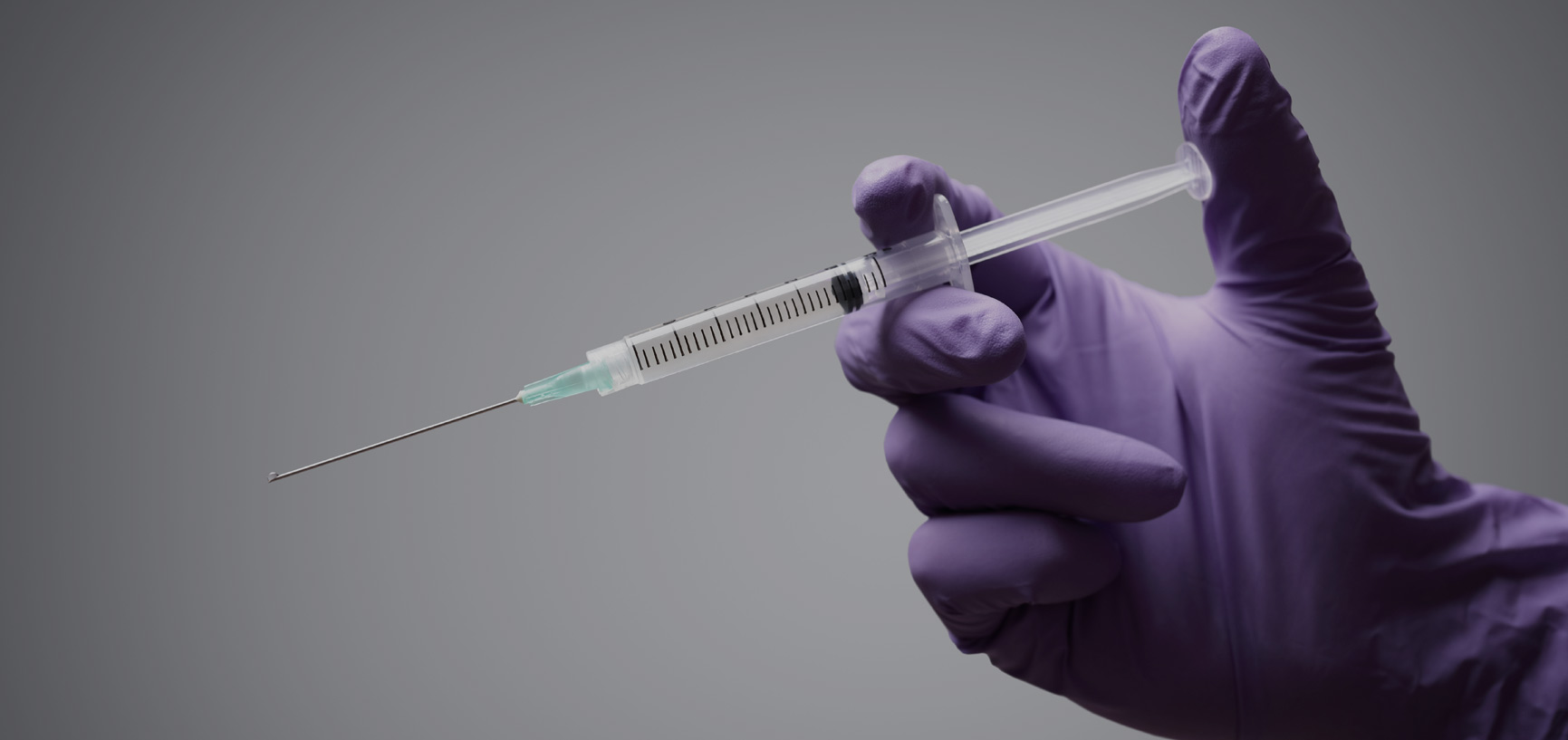There are a variety of options for the treatment of chronic pain. Steroids (short for corticosteroids) are synthetic drugs that closely resemble cortisol, a hormone produced naturally by the body’s adrenal glands. Steroids work by decreasing inflammation and reducing the activity of the immune system. They are used to treat a variety of inflammatory diseases and conditions. Corticosteroids are different from anabolic steroids, which some athletes use to build bigger muscles. Corticosteroid drugs are available by prescription and include cortisone, hydrocortisone and prednisone. These can be useful in treating many conditions, such as arthritis, asthma, bursitis, carpal tunnel syndrome, crohn’s disease and lupus. Prednisone is the most commonly used type of steroid to treat certain rheumatologic diseases. Steroids may also reduce the immune system’s ability to fight infection. In certain diseases the body’s defensive immune system doesn’t function properly and is overactive. This may cause inflammation to work against the body’s own tissues and cause tissue damage. Steroids reduce the production of inflammatory chemicals in order to minimize tissue damage. Steroids also reduce the activity of the immune system by affecting the function of white blood cells. Corticosteroids can be life-saving and have dramatic benefits. However, their therapeutic use has to be balanced against the risks of serious adverse effects.
Benefits
When inflammation threatens to damage critical body organs, steroids can be organ-saving and in many instances, life-saving. For example, steroids may prevent the worsening of kidney inflammation, which could lead to kidney failure in people who have lupus or vasculitis. For these patients, steroid therapy might eliminate the need for kidney dialysis or transplantation. Low doses of steroids might provide significant relief from pain and stiffness for people with rheumatoid arthritis. Short-term use of higher doses of steroids might help a person recover from a severe flare-up of arthritis.
Dose, type of administration, duration of treatment and choice of corticosteroid must be considered to maximise therapeutic benefit and minimise adverse effects. The choice of steroid is made according to the condition. For example, hydrocortisone and cortisone may be unsuitable for long-term use, but useful intravenously (IV) in emergency situations. Hydrocortisone can be used topically with less risk of side-effects as it is less potent. Prednisolone may be used for longer-term treatment.
Risks
Multiple adverse effects have been associated with prolonged steroid use, including suppression of the immune system, cataracts and increased intraocular pressure, osteoporosis, stomach irritation or bleeding, water retention, swelling, hypertension, and impaired wound healing. Oral corticosteroids can cause weight gain, headache, mood changes (like irritability), and difficulty sleeping. Also, the effectiveness of oral steroids in the acute low back pain population remains unproven and the benefits of epidural steroid injections may have limited benefits. Frequent steroid injections, more often than every three or four months, are not recommended because of an increased risk of weakening tissues in the treated area.
Researchers underscore that the severity of these complications depends on the dosage, duration of use, and the potency of the steroid prescribed. Steroids should be prescribed with greater caution in the elderly and those individuals with known hypertension. As hyperglycemia is a well-known complication of corticosteroid use, oral steroids should be prescribed with caution to those in the diabetic population.
Corticosteroids may cause a range of side effects. But they may also relieve the inflammation, pain and discomfort of many different diseases and conditions. You must work with your doctor to make choices that minimize side effects to achieve significant benefits with reduced risk. For more information on Corticosteroids read this article from MedicineNet.com: http://www.medicinenet.com/corticosteroids-oral/article.htm



